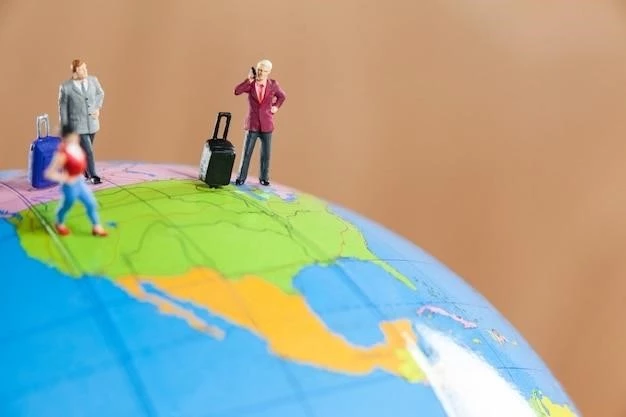My Journey Exploring the Impact of Globalization on Government Sovereignty
For years, I’d heard whispers about “globalization” and its supposed impact on the world. It seemed like one of those abstract concepts academics debated in ivory towers. But recently, I decided to delve into the thick of it, particularly focusing on how globalization affects something as fundamental as a government’s sovereignty. I wanted to move beyond the theoretical jargon and understand the real-world implications, the tangible shifts happening right before our eyes.
The Shrinking World and the Illusion of Borders
My journey began with a simple observation: the world felt smaller. Thanks to the internet, I could converse with a craftsman in India, a musician in Brazil, or a teacher in France, all within the same hour. This ease of communication, coupled with the rapid movement of goods and services across borders, made me realize how interconnected we’ve become. National boundaries, once seemingly impenetrable lines on a map, felt increasingly porous.
I started noticing this interconnectedness everywhere. The clothes I wore were likely manufactured in Southeast Asia, the phone in my hand was assembled with parts from various continents, and the coffee I sipped each morning was grown in South America. This intricate web of global trade and supply chains brought home the reality of globalization ⎼ it wasn’t just an abstract concept; it was woven into the fabric of my daily life.
The Double-Edged Sword of Economic Integration
Delving deeper, I explored the economic dimension of globalization. On the one hand, I saw how countries could benefit from free trade agreements and foreign investment. I learned how these factors could boost economic growth, create jobs, and make a wider variety of goods and services available to consumers. It seemed like a win-win situation for everyone involved.
However, I soon discovered the other side of the coin. I read stories of local businesses struggling to compete with multinational corporations, of workers losing their jobs as companies shifted production to countries with lower wages. I began to understand the fear that globalization could lead to a “race to the bottom,” where countries are pressured to lower environmental and labor standards to attract foreign investment.
The Tug-of-War Between National Interest and Global Cooperation
This economic reality led me to the heart of the matter: the impact of globalization on government sovereignty. The question wasn’t just about interconnectedness but about power. Could a government truly govern its people and pursue its national interest in a world so deeply intertwined?
I saw this tension play out in various arenas. Take, for example, international organizations like the World Trade Organization (WTO). On the one hand, the WTO aims to create a level playing field for global trade, which can be beneficial for all countries. But on the other hand, member states sometimes have to cede a degree of autonomy to comply with WTO rules and dispute resolution mechanisms. This can create a sense, particularly among developing nations, that their economic sovereignty is being challenged.

The Rise of Transnational Issues and the Need for Collective Action
Beyond economics, I observed how globalization has magnified the importance of transnational issues. Climate change, for example, doesn’t respect national borders. A factory polluting the air in one country can contribute to rising sea levels that threaten a coastal community on the other side of the world. This interconnectedness necessitates international cooperation and agreements, which, again, often require countries to make compromises and share decision-making power on the global stage.
Navigating the Complexities: A Balancing Act
My exploration of globalization and sovereignty led me to a nuanced understanding. It wasn’t about declaring globalization as inherently good or bad, nor was it about painting a picture of governments losing all their power. Instead, I saw it as a complex and evolving relationship, a constant balancing act.
Governments today are tasked with navigating this intricate web of global interconnectedness while safeguarding their national interests. They must find ways to harness the benefits of globalization – the economic opportunities, the cultural exchange, the potential for collective problem-solving – while mitigating the risks and ensuring their citizens are not left behind.

My Ongoing Journey: Embracing the Dialogue
My exploration of globalization’s impact on government sovereignty is far from over. It’s an ongoing process, a journey of continuous learning and reflection. What I’ve come to realize is that there’s no one-size-fits-all answer, no simple solution to this complex interplay.
What’s crucial, I believe, is to foster open and honest dialogue about the challenges and opportunities presented by globalization. We need to engage in thoughtful debate, considering diverse perspectives and working together to shape a future where the benefits of a more interconnected world are shared equitably and sustainably.










